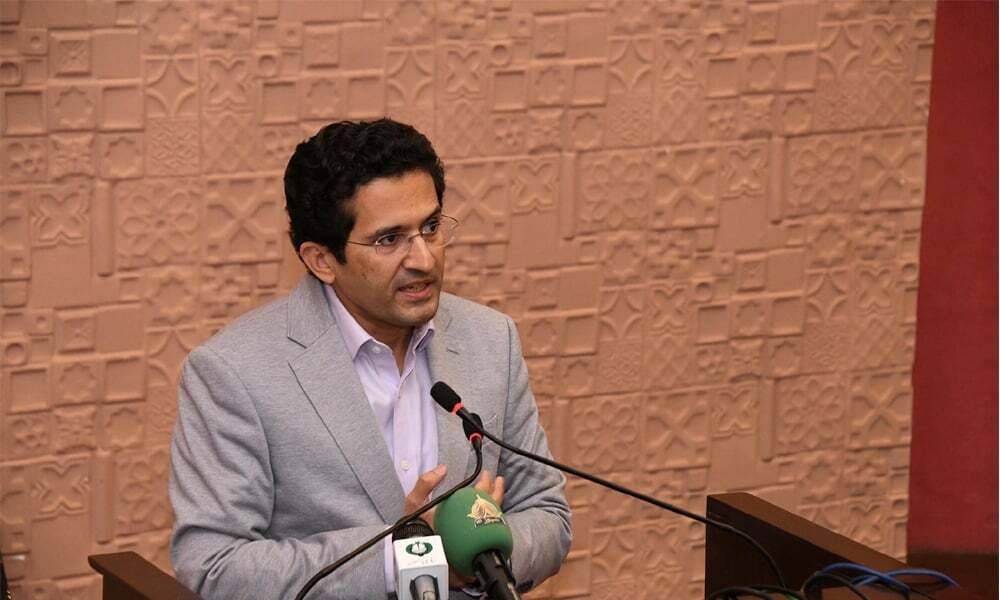PTBP Web Desk
The Minister of State for Finance and Revenue, Ali Pervaiz Malik, has declared that the government will look into reducing the tax burden on the salaried class and withdrawing the tax on milk. However, this relief is contingent upon the Federal Board of Revenue (FBR) successfully recovering between Rs 300 billion to Rs 350 billion through tackling tax evasion in the cigarette sector. This statement was made during a roundtable discussion focused on evaluating the compliance with the FBR’s Track and Trace System (TTS) in the tobacco industry.
The event, organized by the Institute of Public Opinion and Research (IPOR) in collaboration with PILDAT, was designed to foster dialogue among government officials, industry leaders, policy experts, and media representatives. The primary agenda was to dissect the findings from IPOR’s recent study on the implementation of the TTS in the tobacco sector, which also includes sectors like cement, fertilizer, and sugar.
Ali Pervaiz Malik, chairing the session, underscored the government’s commitment to regulatory compliance. He stressed the necessity for enhanced regulatory measures to achieve the goals set by the TTS. The Minister highlighted the digitalization efforts being made by the government, explaining how integrating advanced technology could streamline processes and enhance compliance monitoring.
The study conducted by IPOR spanned 11 cities across Punjab and Sindh, involving 40 retail outlets in 18 markets, totaling 720 outlets. The focus was on assessing the compliance level with the TTS at the point of sale and adherence to the Minimum Legal Price (MLP) for cigarettes as mandated by the FBR.
Out of the 264 cigarette brands surveyed, a mere 19 complied fully with the TTS requirements, which include the mandatory use of Track and Trace stamps. A staggering 58% of the market consisted of non-compliant brands, split into locally manufactured duty-not-paid (DNP) brands (65%) and smuggled brands (35%). Violations included the absence of TTS stamps, pricing irregularities, and non-adherence to health warning regulations.
Furthermore, the study revealed that 197 brands were selling below the MLP, while 48 brands, although priced above the MLP, did not meet all stipulated legal requirements. Only 19 brands were both compliant and priced above the MLP.
The Minister pointed out that the evasion of taxes within the cigarette industry not only affects government revenue but also has significant public health implications due to the circulation of unregulated products. Muhammad Zaheer Qureshi, Project Director for the TTS at FBR, elaborated on the enforcement challenges, discussing the need for robust tracking mechanisms to prevent tax evasion. He shared insights into the FBR’s strategies to overcome these hurdles through stricter regulatory oversight and better technological integration.
Enhanced Retail Enforcement: Strengthening enforcement at retail levels to ensure that non-compliant brands are less accessible.
Public Awareness: Initiating campaigns to educate consumers about the importance of buying compliant products, thereby supporting public health and economic stability.
Ali Pervaiz Malik reiterated the collective responsibility towards economic resilience, calling for cooperation from all sectors to make these initiatives successful. The government’s promise to alleviate tax burdens on essential goods like milk and salaries hinges on these efforts, presenting a dual opportunity to enhance public welfare and enforce fiscal discipline.
This initiative by the Pakistani government not only aims at fiscal correction but also at fostering a culture of compliance that could benefit public health and economic stability in the long run.




